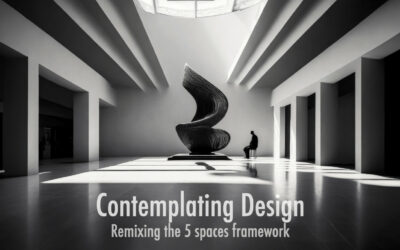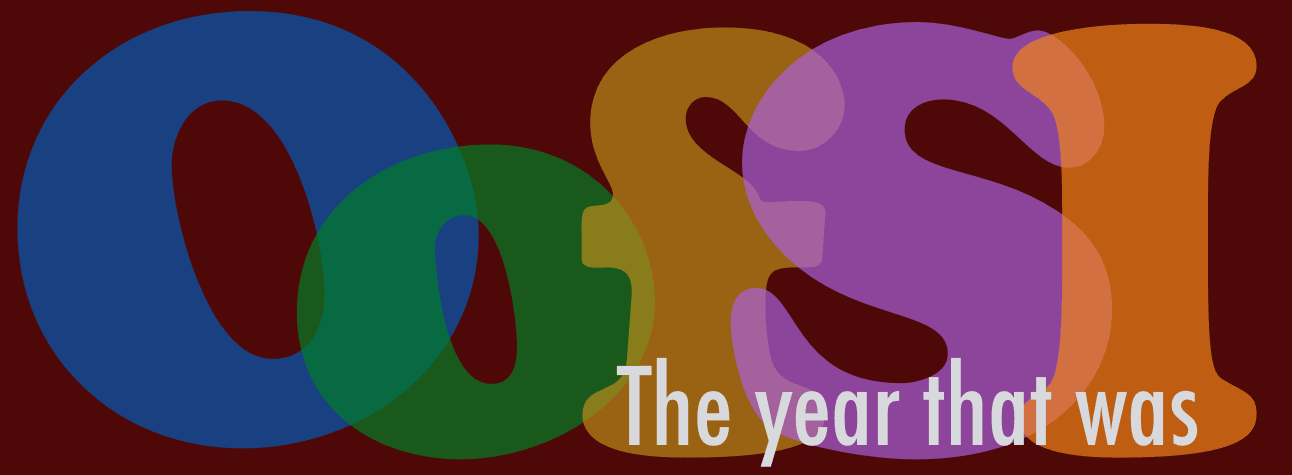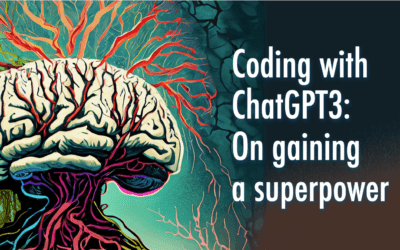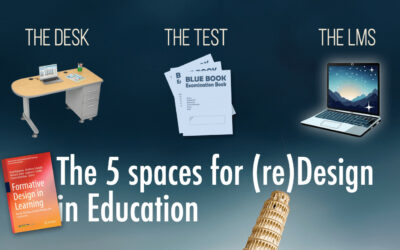I just starred in a movie!
Turns out that they are making a documentary about the conference and were interviewing various participants. So I ended up out holding a microphone in front of a conference banner (that would be the background), speaking into a video camera. It was a rather strange experience, mainly because I had to speak into a camera lens while the person asking me questions was to the left of the camera. I tried to keep my focus on the camera but it was difficult, if not impossible, not to shift my eyes to the left. I am sure it has given me a not-so-nice, shifty look. We shall just have to wait and see.
The upshot of this is that I missed most of Bob Kozma‘s talk. The abstract is as follows:
India is currently engaged in national and state efforts to formulate ICT policies in education. But how can these policies and their implementation contribute to the economic and social development goals of India? Dr. Robert Kozma identifies factors that contribute to economic and social development, including education and ICT. He presents a conceptual framework—the Knowledge Ladder—that allows policymakers to analyze education reform in the context of economic and social development. The framework is systemic in that it considers the introduction and use of ICT in schools along with parallel changes in pedagogy, curriculum, assessment, teacher training, and school organization. It provides different models or approaches to systemic changes that are appropriate to development context and enable decision makers to craft policies and programs that advance economic and social development goals. At the same time, it facilitates specific ICT decisions related to amount of equipment, location, networking, and software.
I read through his paper (The Knowledge Ladder: Using ICT and Education Reform to Advance Economic and Social Development Goals) yesterday found it quite insightful – particularly in helping us articulate the application of the TPACK framework and to make it applicable to multiple economic contexts. This has been somewhat of a challenge for me, and something I have struggled with when in India and speaking about Ed Tech. I think that Bob’s framework allows me to think about how different technologies can play different roles depending on where on the ladder you are.
He defines 4 kinds of economies:
Subsistence Economy -> Commercial Economy ->Emerging Economy -> Information Economy
Paralleling these is 4 kinds of educational needs
Basic Education -> Knowledge Acquisition -> Knowledge Deepening -> Knowledge Creation
He then goes out and lays out how this influences policy, professional development, pedagogy, curriculum, assessment, school organization and ICT use.
Cool stuff.





0 Comments